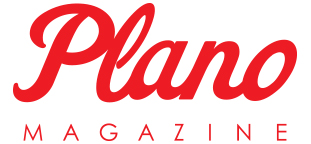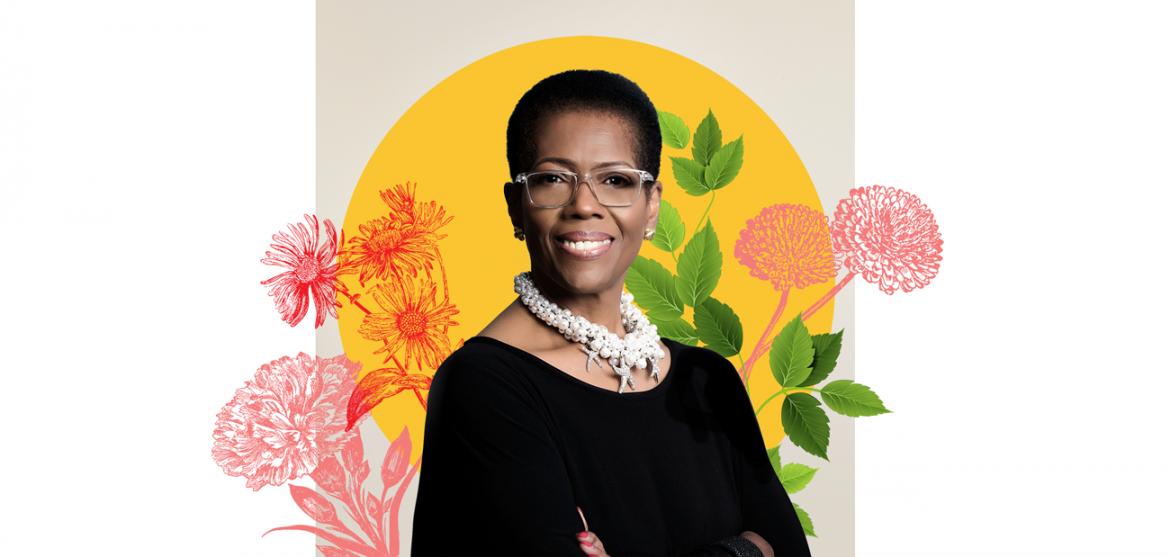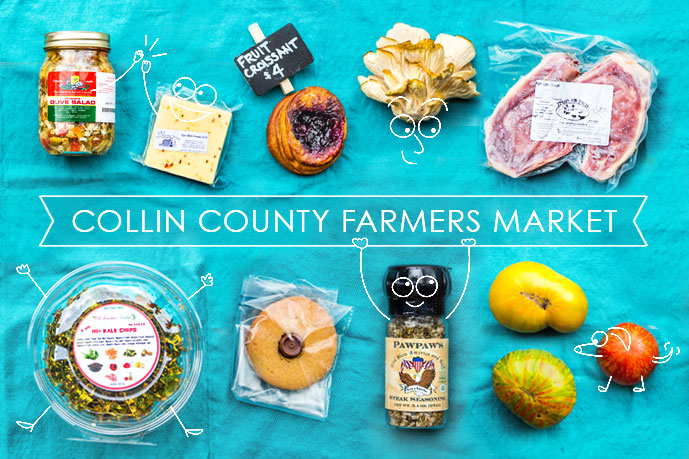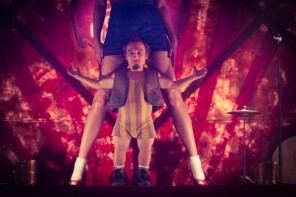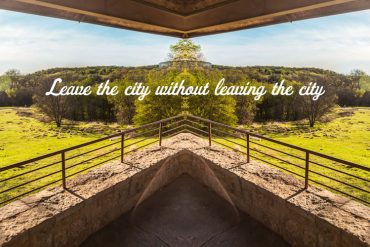Beverley Wright grew up in Dallas but moved to Plano more than 40 years ago to raise her kids. In the 1990s, she went through Leadership Dallas, a program that works to foster emerging leaders in Dallas through conversations, educational experiences and a group project. Through that, she heard of Dallas Dinner Table (DDT) and decided to participate. Beverley immediately fell in love with what DDT was doing and joined the board of directors. She has now been board chair since 2002.
DDT was founded by the Leadership Dallas alumni board in response to the murder of James Byrd, Jr. in Jasper, Texas June 7, 1998. That day in Jasper, three white supremacists dragged Byrd, a Black man, behind a pickup truck down an asphalt road. They then dumped his remains in front of a Black church.
“[The Leadership Dallas alumni board] wanted a way for people to have conversations and get to know people from different races and cultures. They were looking for a way to help prevent something like that from ever happening again,” Beverley said.
How does DDT work? Once a year, on Martin Luther King, Jr. Day, citizens from all backgrounds and parts of North Texas gather to converse over dinner, hosted at churches, private homes, restaurants and businesses. Facilitators – who have gone through training – guide the dialogue towards a focus on action and growth as well as reflection on the advantages of interracial friendship.
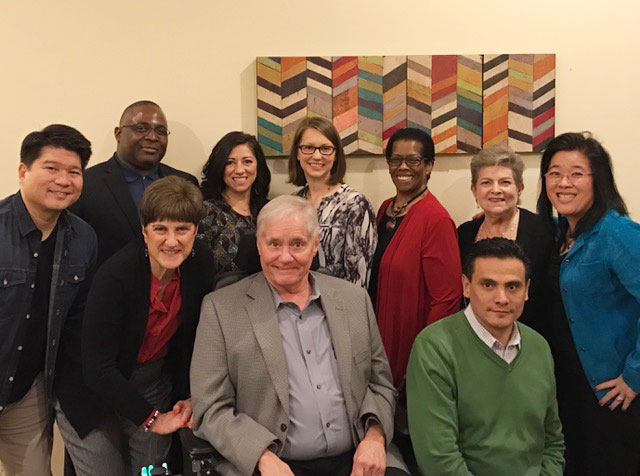
When Beverley joined the board at DDT, she was in the midst of her 38-year career at IBM. Through her, IBM became an avid supporter of the annual event. One of the first dinners Beverley ever hosted was completely paid for by her company.
“They let me host [dinners] onsite; they let reporters interview me at work. My assistant at the time contacted Dallas Dinner Table participants to tell them where to go for their dinner, who their host would be, when to show up, all by telephone calls, all with IBM’s full cooperation,” she said.
DDT has continued to grow over the years. The first year DDT hosted dinners as a registered nonprofit, it had about 250 people participate across the Metroplex. The second year, it had about 800 people. The third year, there were approximately 1,200 participants. Each year, growth is exponential. Still, the entire DDT team is 100 percent volunteer-based.
In recent years, DDT has hosted at the Dallas Chamber, the Federal Reserve, Texas Instruments, UT Dallas, The Hockaday School and Greenhill School. This year, DDT’s virtual event was sponsored by the Dallas Mavericks, PepsiCo, Frito-Lay, among others.
Last year, Beverley saw a large increase in interest in DDT. “After the murder of George Floyd, interest increased. Even in my personal business, I do diversity and inclusion work, and it has been growing as fast as I can keep up with it,” she said. “As a nonprofit focused on inclusion around race and culture, we have been hearing from more school districts. We have requests to create a version of DDT that works for teenagers. We are working on that concept.”
Beverley said she did not feel surprised that this work is still needed in 2021, more than 20 years after the founding of DDT and 40 years after the civil rights movement.
“The murder of George Floyd and related things that happened, coupled with the pandemic – people were pretty much at home and able to pay attention to things they would’ve overlooked. All those things worked together to help us understand we’re in this together,” she said.
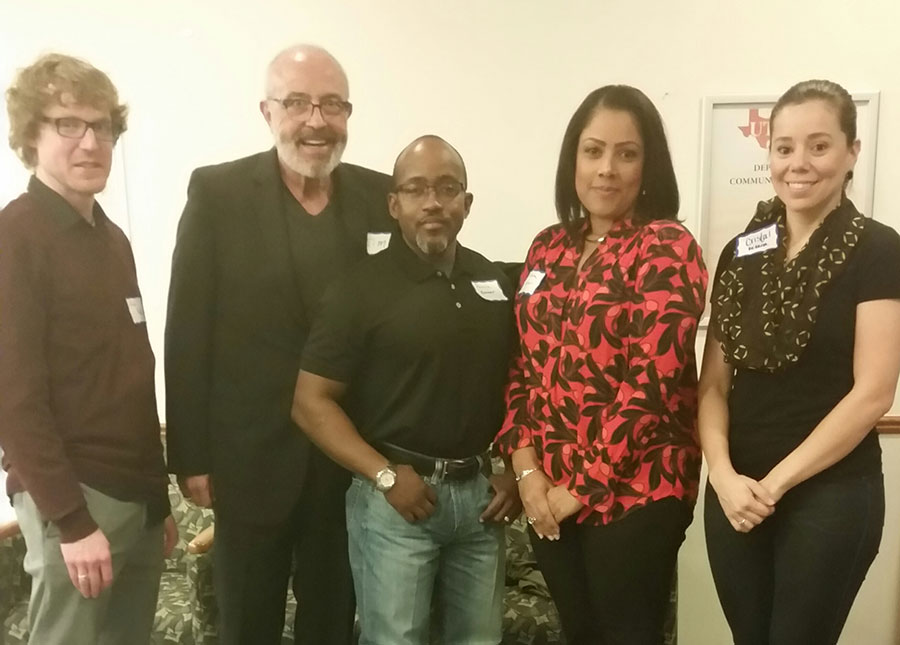
During her last 12 years at IBM, she led the diversity council. Skills used there translated to the business she now runs on her own. After a fruitful career at IBM, Beverley operates Wright Choice Group, a coaching service based in Plano. Through her business, she helps individuals in leadership positions focus on managing people at their place of work, and creating a positive company culture.
“Bad leadership creates bad culture, and people don’t want to work there,” Beverley said. “We need leaders to be people-centered. Positive results will follow that.”
Not only does Beverley’s business include leadership coaching, but it also is a hub for learning how to champion diversity in the workplace and daily life.
“Many times, in the workplace, you don’t control who you interact with. There’s usually more diversity [there]. But our social networks – who do you invite to have coffee? Who do your kids see you with?” she said.
Some of her favorite things she’s done during the pandemic are 30-minute virtual coffee dates. She’ll reach out to someone she may not know very well or at all, and ask them if they’d like to Zoom and get to know one another.
“I’ve met some interesting people that way who are very different from me sometimes in background and race, and I’ve met some people that I have similarities with,” Beverley said.
In that vein, one of her closest friends is someone she’s only met once. “We are so different from one another. She is white, lives on a lot of acreage in Maryland, and none of that appeals to me – and we laugh about it all the time,” Beverley laughed. “But we have two- or three-hour conversations on Zoom. That’s the gift of diversity.”
Beverley encourages others to be intentional in who they bring into their lives. Spending quality time with people of all backgrounds and races will inevitably widen one’s perspective. “These people enrich our lives. If we weren’t open to having more diversity in our networks, we would’ve missed knowing these people,” she said.
Dallas Dinner Table > Wright Choice Group >